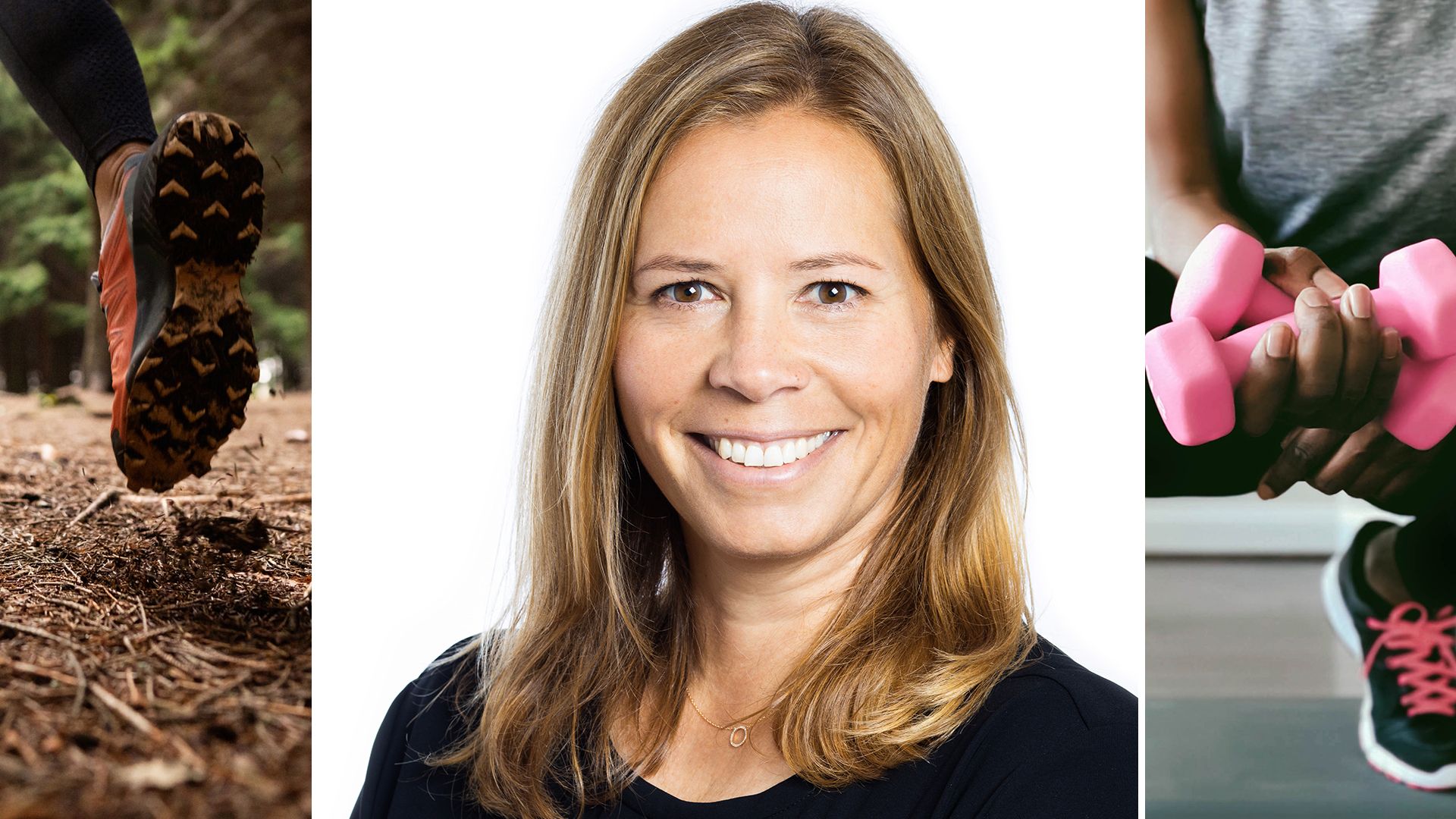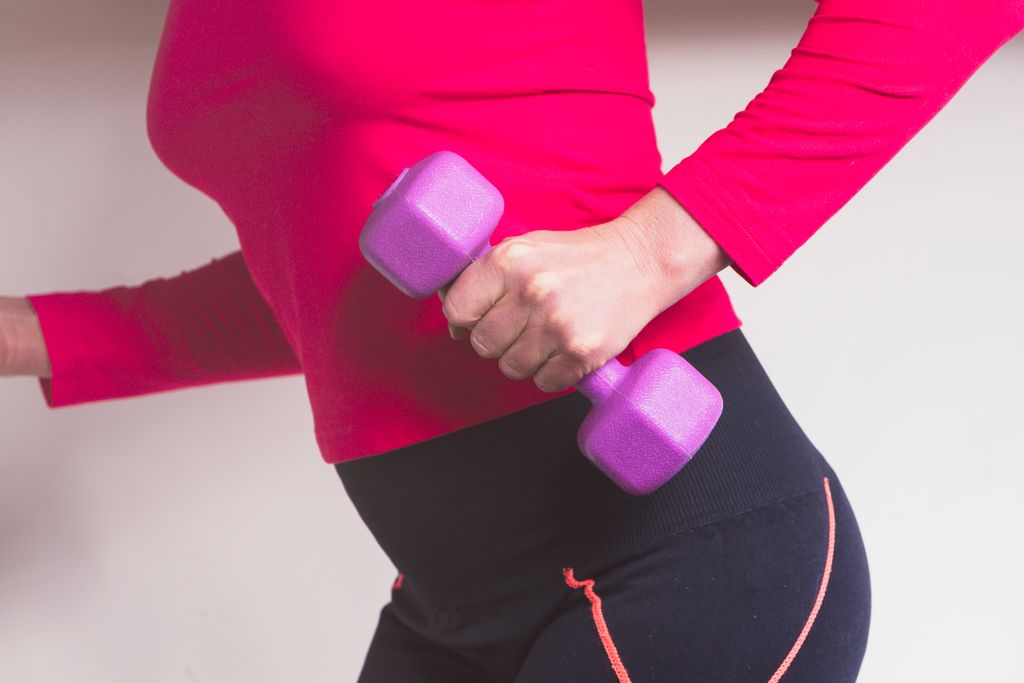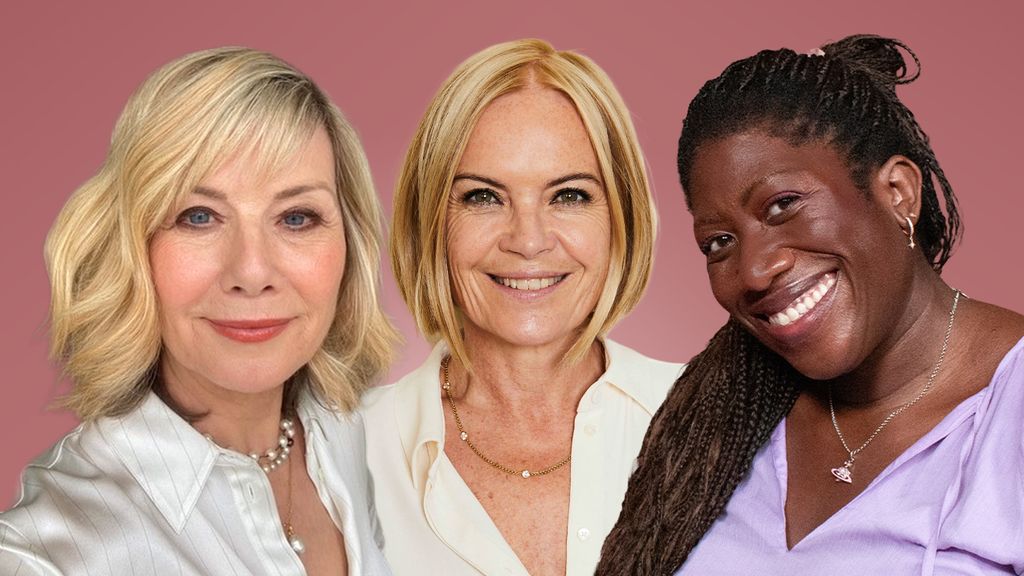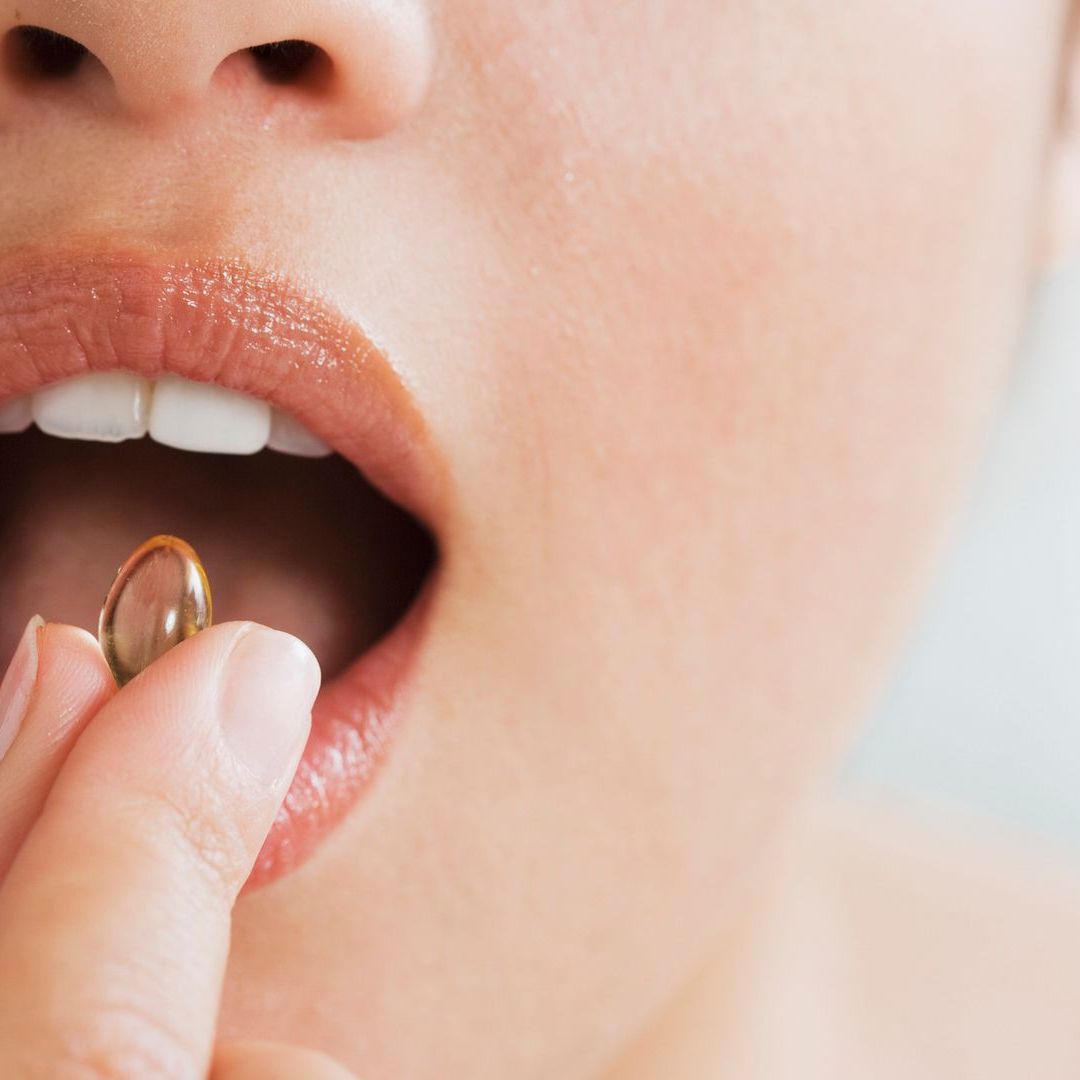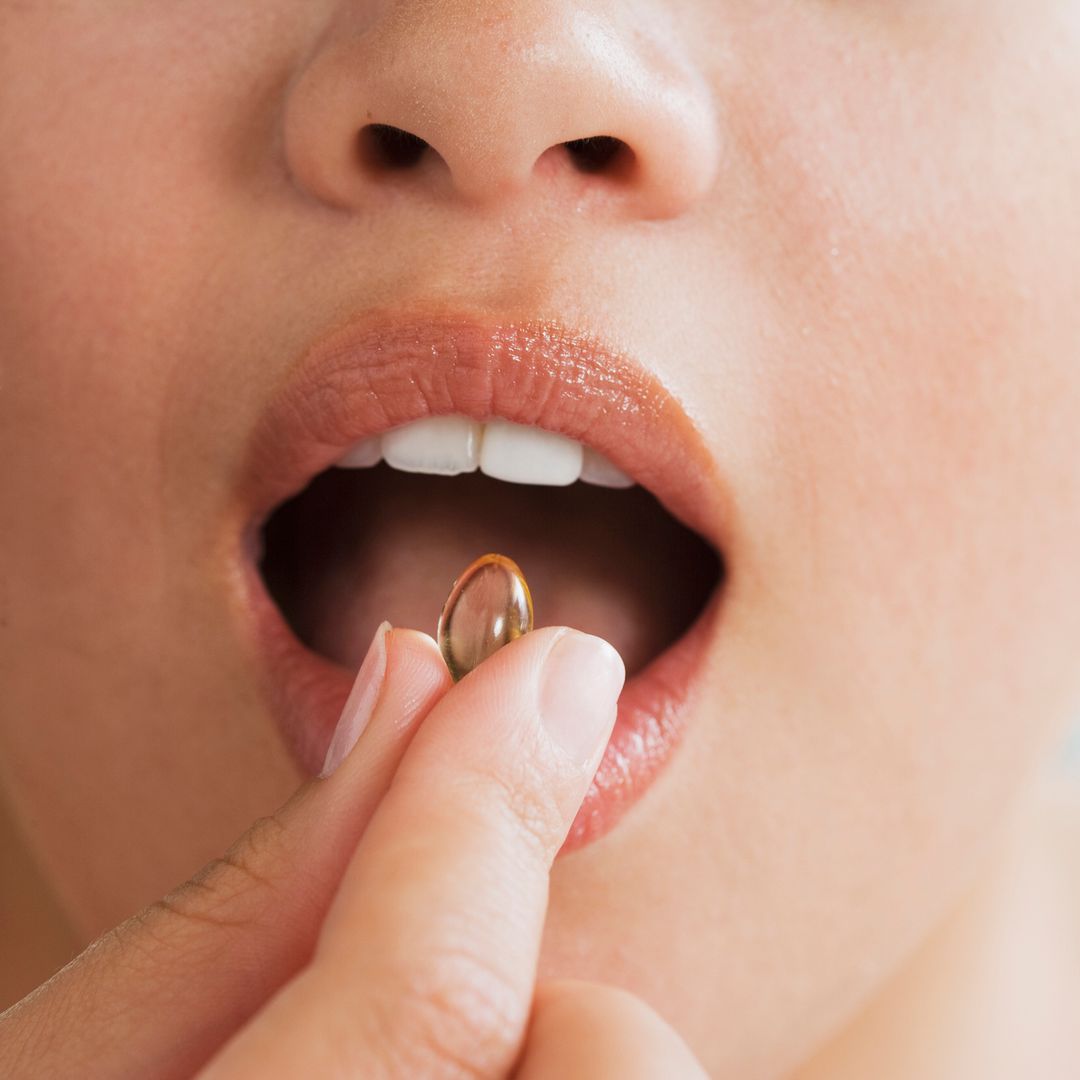When Kerstin Lutz, 51, entered menopause at 40, it felt like her life had been thrown off course. With a career in sports and as someone who thrives on structure and control, Kerstin had been struggling with physical and emotional shifts that became hard to deal with.
At first, Kerstin, who is CEO of the global women's tennis tournament, The Billie Jean King Cup, didn't realize that her severe hot flashes, mood swings and fatigue were caused by the early stages of perimenopause, explaining: "I was having intense hot flashes every half hour.
"They were severe and happening at awkward times such as during board meetings and even massages. I could set my timer at 30 minutes to know one was about to happen. They left my whole body dripping with sweat and I thought there was something seriously wrong."
It wasn't until one of Kerstin's doctors suggested checking her hormones that she realized perimenopause was the reason behind these intense episodes. "I hadn't even heard of the word 'perimenopause' at that point," she notes.
"My doctor said I had to go on hormone replacement therapy straight away - she said that it was non-negotiable. And then she advised that I must start to look after my bones, especially because I was experiencing menopause so young."
Thankfully, Kerstin wasn't planning to have children, so her attention was focused on managing her symptoms. Here are the three things that helped her in her journey...
1. The power of weight training
Being surrounded by some of the world's most accomplished athletes at work gave Kerstin a great insight on how to start advocating for her health, plus gave her the resilience and mental focus to not just survive during menopause, but thrive.
"I was advised by my colleagues to focus on weight training and now I can't live without it. It makes me feel great and I know that it helps to strengthen bones and build my physical strength," she explains. "I've also found that it has improved my posture, balance and energy levels, and then there's my mood: being stronger has definitely given me a sense of empowerment."
Regular exercise became Kerstin’s mental reset button during her perimenopausal journey and she began structuring her mornings around movement, whether it was weightlifting or hiking. "Starting the day with exercise has a ripple effect and helps me be more focused, positive, and ready to face the challenges of the day."
RELATED: I'm in the best shape of my life at 44 - these are my 7 daily habits
2. Always looking forward
Kerstin's time working with athletes has also taught her how to thrive during menopause by adopting a positive mindset and always remembering to look forward in her life.
"Athletes are always looking ahead, striving for the next goal, and adapting to setbacks," She explains. "I adopted that mindset for myself, and instead of focusing on what menopause was taking away, I began setting small, achievable goals."
READ: I lost 4 stone in perimenopause – here's how
Whether it was lifting a heavier weight or hiking a new trail, Kerstin found that each goal brought a sense of accomplishment and the discipline and structure of her new routine mirrored the determination she admires in athletes.
3. Turn to others
Just as athletes rely on their teammates for emotional support, Kerstin also leaned on friends and family to help her manage the emotional challenges of menopause. "Therapy can be going for a coffee with friends," she notes.
For anyone navigating menopause, Kerstin's advice is simple: Find what works for you. Whether it's weightlifting, hiking or a daily walk, Kerstin insists that movement has the power to transform not just your body but your outlook on life.

